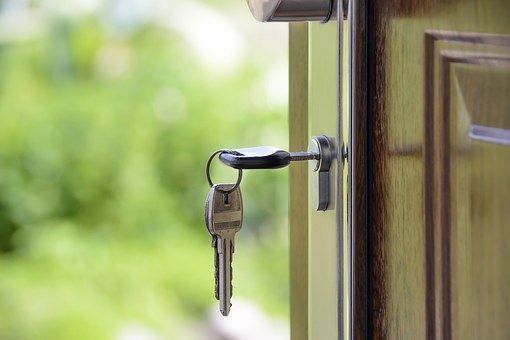Saving for a down payment can be difficult, making it tempting to break into your 401(k). While you may trust yourself to pay it back, there are serious downsides to borrowing from a 401(k) that could really cost you down the road. Here, Trulia discusses the risks of borrowing from a 401(k) before retirement.
You can’t afford the house
If you need to borrow against your 401(k) to afford to buy a home, it’s likely that you probably can’t afford the house to begin with. Look and see where your money is really going and whether you can truly afford this. Is there money to be saved from your entertainment budget, for example? You should have other funds for a down payment because borrowing from a 401(k) can add a lot of financial stress.
Even if you borrow from your 401(k) for a house, you’ll still need those savings
Unlike an IRA withdrawal, you’ll have to pay back any money you take out of your company’s 401(k) plan. If you lose or leave your job, you could be required to pay back the outstanding balance within 60 to 90 days or be forced to claim it as a hardship withdrawal (which incurs a 10 percent penalty and taxes the withdrawal as income). If you were stretched enough financially to borrow from yourself in the first place, you likely won’t have the money down the line to cover what you owe in one big chunk. And there are many other costs associated with homeownership. If you can’t save the money for the down payment, it will be exponentially harder to save for the other associated costs, such as repairs and property taxes. Consider repairs and other expenses that may pop up after you buy before you get in over your head.
A 401(k) loan can compromise your future wealth
The typical 401(k) loan usually allows you to borrow up to 50 percent of your balance, up to a maximum of $50,000. If you take out the full $50,000, which was growing conservatively at 7 percent annually, in 20 years that money would have grown to a $193,000. Fast-forward to retirement, and you’ve taken a huge hit on your future finances. Not only that, but also the money you were using to pay yourself back all these years was the same money you should’ve been saving, making matters even worse for retirement.
You could be penalized for and taxed on early distributions
There are some situations the IRS considers OK when it comes to borrowing from your 401(k) plan before you hit 59.5 years old, but a home purchase isn’t one of them. When you borrow from your 401(k), you incur a 10 percent additional penalty on the early distribution, because the amount is now considered taxable income.In addition, since your contributions are made with pre-tax money, when you go to repay the loan, your payback will be made with after-tax dollars. Essentially, you’ll be double-taxed on that money.
Borrowing from your 401(k) can start a pattern
Once you’ve done something, it’s much easier to do it again. There’s no difference when it comes to taking out a loan. Fidelity, the home of millions of workers’ 401(k) funds, surveyed the behavioral patterns of repeat borrowers and found that those who borrowed from themselves were much more likely to do it again. Instead, opt for a thought-out, long-term plan—whether that means buying a less expensive house or reducing your retirement contributions slightly to increase your savings plan for a hefty down payment.

